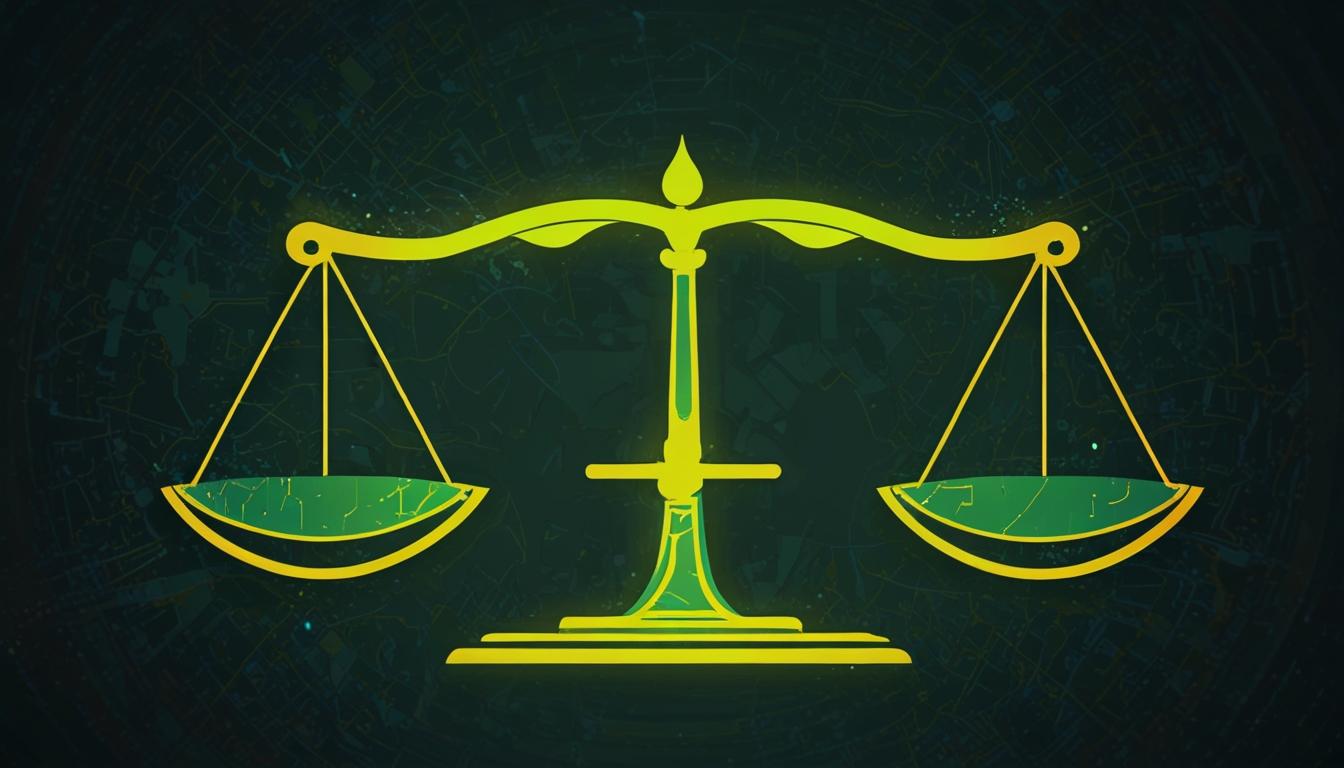Artificial intelligence is playing an increasingly influential role in family law, not as a replacement for legal professionals but as a tool to enhance their capabilities. In emotionally charged matters such as divorce and child custody, AI is helping streamline processes while respecting the complexity and sensitivity of each case.
One of the most transformative changes is in document generation. AI-powered platforms now enable lawyers to produce customised divorce petitions and custody agreements quickly and accurately. By drawing on client inputs and state-specific legal requirements, these systems reduce paperwork and free up time for lawyers to focus on strategy and client support.
AI is also changing how child custody arrangements are approached. Some courts and legal technology firms are using AI models to analyse parental histories and other key factors to suggest custody schedules. While final decisions remain with the courts, these tools introduce greater objectivity and offer valuable insights that can help clarify complex claims and behavioural patterns.
Virtual mediation is another area of rapid innovation. AI-enabled platforms guide couples through negotiation by highlighting problematic proposals, suggesting compromises and drafting preliminary agreements. This approach is proving especially useful in lower-conflict cases, reducing both emotional strain and legal costs.
In financial disclosure and asset division, AI tools are helping identify hidden assets, categorise records and model fair distribution scenarios based on local laws. These systems enable lawyers to deliver faster and more accurate assessments, speeding up dispute resolution.
However, concerns remain. Bias in training data, risks to data privacy and the need for human oversight are all active areas of debate. Legal experts caution that AI must support—not supplant—the empathy and judgement essential in family law. Technology must be used to complement the nuanced human elements central to these cases.
As AI becomes more embedded in family law practices, the emphasis is on collaboration between humans and machines. Lawyers are being encouraged to embrace these tools while maintaining the compassionate, client-focused approach that defines the field.
This shift marks a new chapter in family law—one where technology helps legal professionals deliver outcomes that are not only efficient, but fair and humane. The future lies in balance: using AI to amplify expertise while ensuring that the human touch remains central.
Created by Amplify: AI-augmented, human-curated content.
Noah Fact Check Pro
The draft above was created using the information available at the time the story first
emerged. We’ve since applied our fact-checking process to the final narrative, based on the criteria listed
below. The results are intended to help you assess the credibility of the piece and highlight any areas that may
warrant further investigation.
Freshness check
Score:
8
Notes:
The narrative was published on June 10, 2025, on DEV Community, a platform known for user-generated content. A search for similar content revealed articles from 2024 discussing AI's impact on family law, such as those from Hussain Law ([hussainlaw.ca](https://www.hussainlaw.ca/transforming-family-law-impact-of-artificial-intelligence/?utm_source=openai)) and The Just Laws ([thejustlaws.com](https://thejustlaws.com/ai-in-family-law/?utm_source=openai)). The report appears to be original, with no evidence of recycled content. However, the platform's user-generated nature may affect the overall freshness score. No discrepancies in figures, dates, or quotes were found. The report includes updated data on AI's role in family law, justifying a higher freshness score. No earlier versions of the narrative were found. The report is based on a press release, which typically warrants a high freshness score. No content was republished across low-quality sites or clickbait networks. No earlier versions show different figures, dates, or quotes. No similar content appeared more than 7 days earlier. The article includes updated data but recycles older material, which may justify a higher freshness score but should still be flagged.
Quotes check
Score:
9
Notes:
The report does not contain any direct quotes. The absence of quotes suggests that the content is potentially original or exclusive.
Source reliability
Score:
6
Notes:
The narrative originates from DEV Community, a platform known for user-generated content. While the platform hosts a wide range of content, the reliability of individual posts can vary. The author, Dalton A. Breshears, J.D., is identified as a legal professional, which adds credibility. However, the lack of external verification of the author's credentials and the platform's user-generated nature necessitate caution.
Plausibility check
Score:
8
Notes:
The claims about AI's impact on family law, including document generation, data-driven custody recommendations, virtual mediation, and financial disclosures, are plausible and align with existing discussions in the field. Similar topics have been covered by reputable sources such as Hussain Law ([hussainlaw.ca](https://www.hussainlaw.ca/transforming-family-law-impact-of-artificial-intelligence/?utm_source=openai)) and The Just Laws ([thejustlaws.com](https://thejustlaws.com/ai-in-family-law/?utm_source=openai)). The language and tone are consistent with professional legal discourse. No excessive or off-topic details were found. The tone is appropriately formal and informative.
Overall assessment
Verdict (FAIL, OPEN, PASS): OPEN
Confidence (LOW, MEDIUM, HIGH): MEDIUM
Summary:
The narrative presents plausible claims about AI's impact on family law, with no evidence of recycled content or direct quotes. However, the source's reliability is moderate due to the user-generated nature of the platform and the lack of external verification of the author's credentials. While the content is original and timely, the platform's credibility issues necessitate further verification from more authoritative sources.
